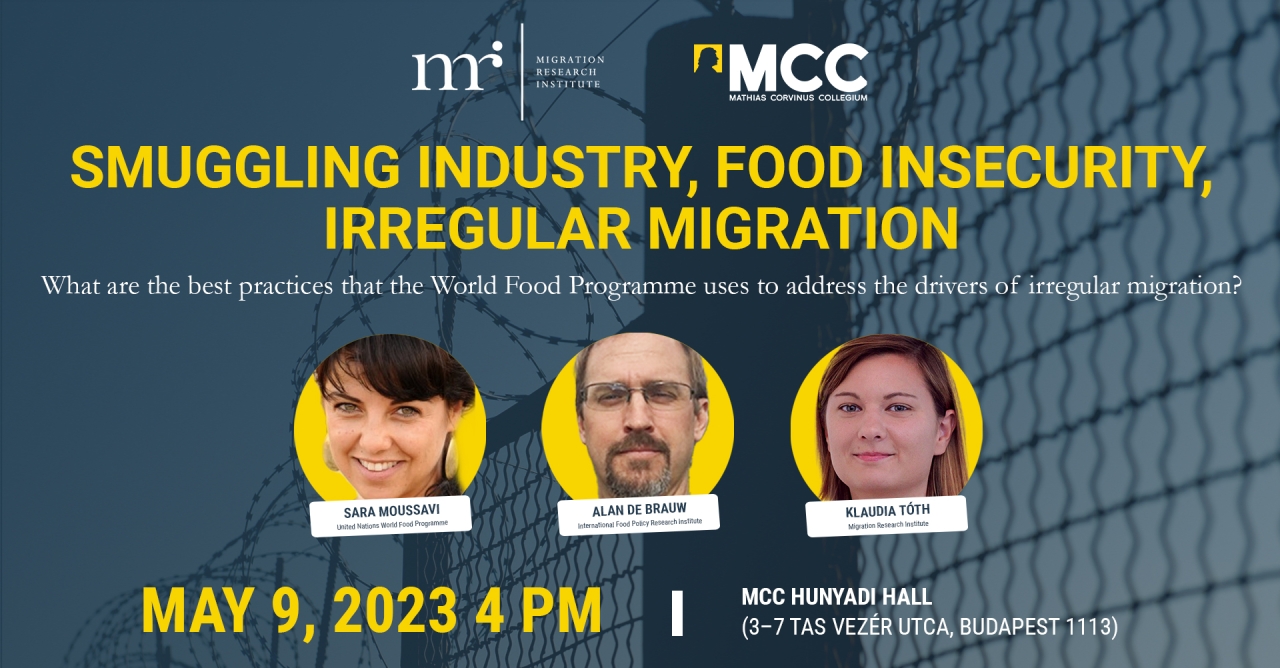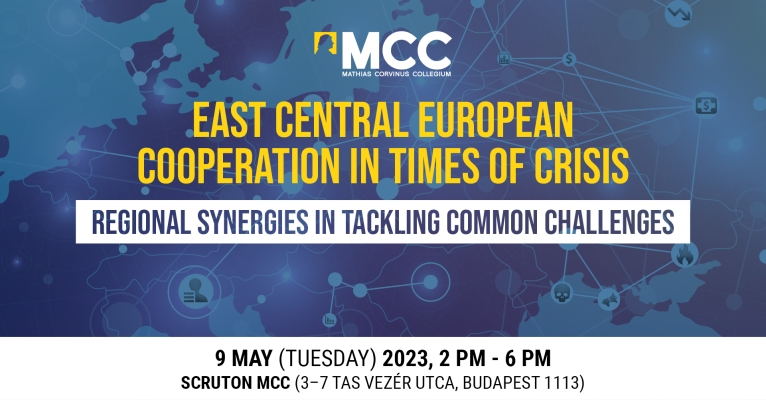Individuals migrate irregularly, mainly due to economic hardship and political instability, to seek better opportunities. The lack of legal and regular pathways for migration often leads to dangerous and sometimes deadly journeys across the Sahara Desert and the Mediterranean Sea. Due to its clandestine nature, irregular migration flows are difficult to track. However, in 2020, the IOM estimated that there were over 9,000 deaths and disappearances of migrants worldwide.
The smuggling industry, which exploits migrants seeking a better quality of life, is estimated to be a market of US$ 7 billion annually. During their transitions, irregular migrants are often
forced to work in derogatory conditions at various transit points to earn money, frequently underpaid with respect to market values. In transit, migrants often live in suboptimal housing and face arbitrary detention. Women and girls are often subjected to gender-based violence, exploitation, and trafficking,
The World Food Programme (WFP) and the International Food Policy Research Institute (IFPRI) collaborated on research to better understand how food security is impacted for irregular migrants and to understand the role of humanitarian response. The above-mentioned topics are to be addressed by Sara Moussavi, Team Lead for United Nations WFP's Programme and Policy Department and by Alan de Brauw, Senior Research Fellow at the International Food Policy Research Institute (IFPRI) in a conversation with Klaudia Tóth, Researcher at the Migration Research Institute.
Speakers:
- Sara Moussavi, United Nations World Food Programme
- Alan de Brauw, International Food Policy Research Institute
- Moderator: Klaudia Tóth, Migration Research Institute
Language: English
The event is free to attend, but registration is required.


